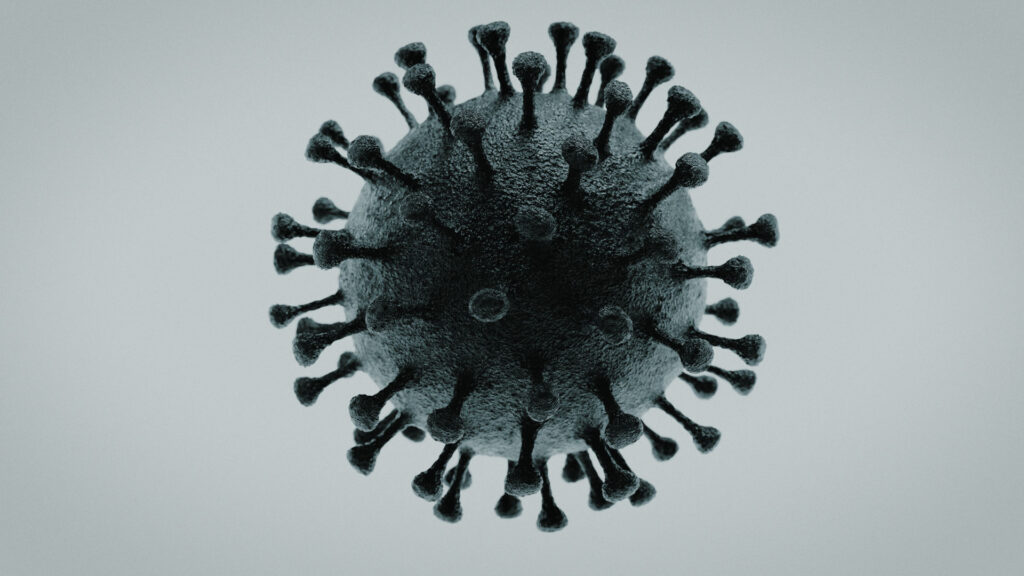Want to stay on top of the science and politics driving biotech today? Sign up to get our biotech newsletter in your inbox.
Hey there. Today, we get into why Amy Abernethy is leaving Verily, and why the ongoing reckoning with AI doesn’t necessarily need the voice of Google to chime in. Plus, Jason Mast pops in to give an update on Uniqure’s puzzling approach to presenting trial results.
advertisement
The need-to-know this morning
- Argenx said its closely watched antibody therapy failed to outperform placebo in a Phase 3 trial in an autoimmune condition that causes the skin to blister — the second setback in less than a month for the Belgian biotech and its drug.
- Bluebird Bio raised $125 million in a stock offering priced at $1.50 per share — 50% lower than the value of its shares on Monday. Bluebird recently won approval for a gene therapy to treat sickle cell disease, but a dire need for cash to fund the launch meant it had no leverage with investors.
Verily CMO Amy Abernethy leaving to start nonprofit
Amy Abernethy, Verily’s chief medical officer, will be leaving at the end of the first quarter to launch a startup focused on how health care systems collect data. It seems like an abrupt move after two and a half years, but Abernathy and Verily insist the company’s in a good position for her to leave: “Now is the time for me to say ‘you’ve got this,’ because they totally do, and let them keep running, while I go and keep solving some of the other things,” she told STAT’s Matthew Herper exclusively.
Abernethy, an oncologist, used to be second-in-command at the FDA and before that worked at health tech unicorn Flatiron Health. She told STAT that she found that progress at Alphabet might slow because health care is not its primary focus as a business. Soon, she said, big policy decisions will be made about how AI affects real-world evidence in health care, and that her influence would likely wane.
“You know, Google’s stamp, or Alphabet’s stamp, on a privacy framework may not be what the whole world wants anyway,” Abernethy said.
advertisement
The confusing thing about Uniqure’s data
A year and a half ago, Uniqure generated excitement in the Huntington’s community and among investors when it announced an experimental gene therapy designed to eliminate the toxic, neuron-killing mutant protein believed to drive the disease appeared to just that: Levels of mutant Huntington protein, mHTT, in patients’ spinal fluid fell 53% and the company’s stock rose 26%.
Data since then have been puzzling. In June, Uniqure announced mHTT levels had returned to near-normal in many patients and, in some, levels actually seemed to increase. Then, yesterday, it declined to release a number in a press release announcing the data, saying only that it believed the mHTT tests may be unreliable. A graph in a presentation indicated mutant protein levels were essentially flat compared to a control group.
There is reason to think mHTT levels in spinal fluid might be unreliable. Huntingtin protein assays can be tricky. And the gene therapy is injected deep in the striatum, the section of the brain where Huntington’s wreaks havoc — it’s possible levels are falling there but not in other parts of the brain or the spinal fluid, where it can be measured. Meanwhile, other measures indicate the drug could be slowing the disease, compared to natural history. “There is an initial set of data that is starting to make me feel confident that we are seeing a dose-dependent effect, and that to me is evidence of biological activity,” Chief Medical Officer Walid Abi-Saab told STAT’s Jason Mast.
The result, though, is that Uniqure does not have a direct measure that its gene therapy is doing what it’s intended. It’s stock, already pummeled in June, fell another 24% yesterday.
Three things we’ll watch in biotech next year
This coming year, we’ve got our eyes on three trends, in particular, in biotech. As STAT’s Damian Garde writes, 2024 is the year GLP-1 drugs get really real: Demand has outpaced supply pretty dramatically to date, but as that eases up we’ll see whether insurers will actually reimburse for them. We’ll also see new data on how the drugs work in MASH (formerly NASH), sleep apnea, and addiction cessation, among others.
There will also be key readouts in CRISPR medicines and in non-opioid pain treatments. And it’s an election year, of course — which means that political tongue-wagging (recall allegations of “getting away with murder”) may impact how the public, and the market, perceive the industry.
Inhaled vaccines could stop Covid infections, monkey studies show
Mucosal vaccines, inhaled straight to the nose and lungs, can abruptly stop Covid viruses, a trio of monkey studies published in Nature shows. This is the first real evidence that mucosal vaccines might be effective, Nature writes. The delivery method could offer ‘sterilizing’ immunity — in which an infection is completely blocked.
“It’s not complete science fiction to think about developing vaccines that would stop transmission and infection,” one Yale immunologist told Nature.
Although vaccines softened the pandemic, their potency is short-lived. This is possibly because intramuscular vaccines work best deep in the lungs, but are less effective in the mucosa. So there’s hope that aerosolized vaccines, in particular, might stop infections higher up in the airways. Dozens of mucosal Covid vaccines are still being developed.
More reads
- Otsuka pays $65 million in cash for European rights to Ionis’ phase 3 rare disease medicine, FierceBiotech

